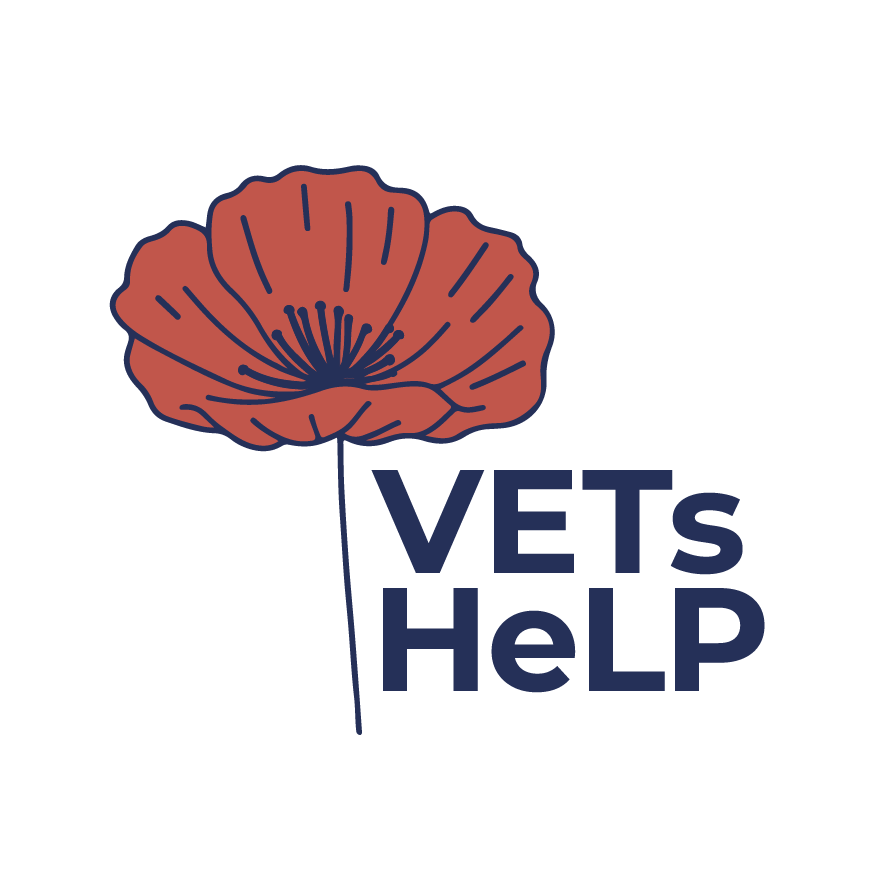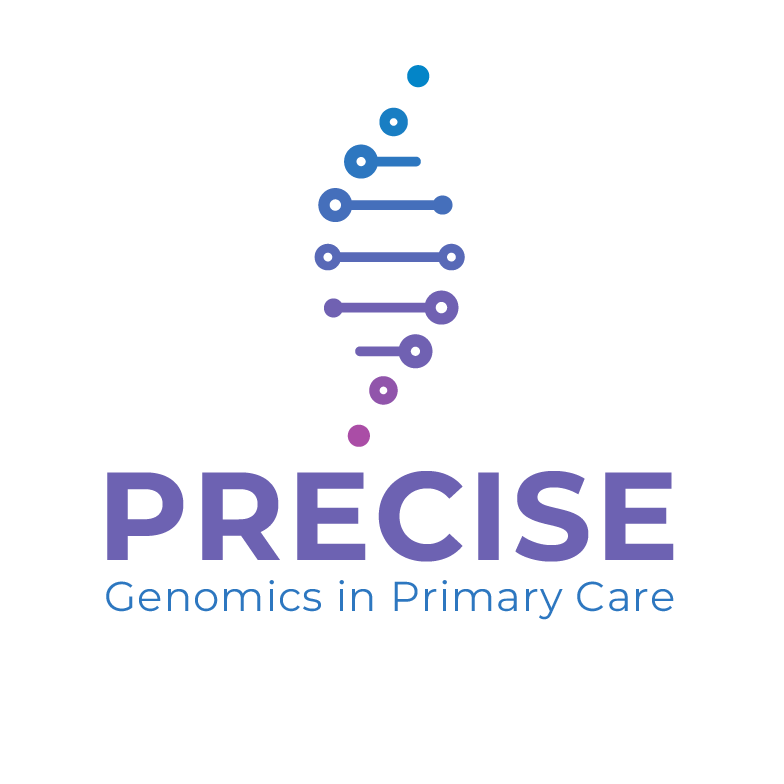Supporting veterans’ mental health
Supporting veterans with complex mental health conditions: lifestyle strategies for GPs
As veterans transition from military service, they often face significant mental health challenges, including post-traumatic stress disorder (PTSD), depression, anxiety, and adjustment difficulties. Managing these complex conditions requires a holistic, long-term approach, and general practitioners (GPs) are in a unique position to support veterans not only through referrals to mental health specialists but also through evidence-based lifestyle interventions that promote resilience and recovery.
In this episode of The Check Up, Dr Catherine Eltringham, a GP and medical educator, and Dr Jonathan Lane, Chief Psychiatrist for the Department of Veterans’ Affairs (DVA), explore practical strategies for GPs to integrate lifestyle-based interventions into their consultations with veterans experiencing complex mental health conditions.
The golden recipe: a framework for sustainable mental health
Psychiatrist Dr Russell Golden developed the golden recipe, a practical approach that addresses the three pillars of veterans’ mental health:
1. Body: stabilising physical health
Veterans with PTSD, depression, or anxiety often experience disrupted sleep, chronic pain, and substance use issues, which can significantly impact their overall wellbeing. GPs can support veterans by:
-
optimising sleep – poor sleep worsens PTSD and mood disorders. GPs can guide veterans through sleep hygiene practices, relaxation techniques, and, where necessary, referral for sleep therapy
-
encouraging physical activity – exercise improves mood, reduces anxiety, and enhances sleep quality. GPs can suggest low-impact activities that suit veterans with physical injuries or chronic pain
-
reducing alcohol intake and improving diet – alcohol use is common among veterans and can exacerbate mental health symptoms. Encouraging small, sustainable dietary improvements can support mood and cognitive function
2. Mind: rebuilding identity, purpose, and resilience
Many veterans struggle with a loss of identity, purpose, and routine after leaving the military, which can contribute to depression and emotional distress. GPs can help by:
-
encouraging structured routines – daily structure can reduce anxiety and support emotional stability
-
fostering purpose – work, volunteering, or hobbies can help veterans regain a sense of meaning
-
promoting rest and recovery – many veterans have overactive stress responses. Encouraging mindfulness, creative activities, or quiet reflection can support mental decompression
3. Relationships: strengthening social support and emotional health
Social isolation is common among veterans, and many find it difficult to ask for or accept help. GPs can provide guidance by:
-
encouraging peer support – connecting veterans with peer-led groups, veteran services, and community programs
-
normalising help-seeking – military culture often discourages seeking support, so GPs play a key role in breaking down these barriers
-
identifying support networks – helping veterans build and maintain relationships with family, friends, and healthcare providers
How GPs can integrate these strategies into practice
Supporting veterans with complex mental health conditions requires an ongoing, structured approach. GPs can:
-
introduce small, achievable lifestyle changes at each consultation
-
reinforce the long-term benefits of sleep, physical activity, and structured routines
-
collaborate with psychologists, Open Arms counsellors, and psychiatrists to provide comprehensive care
This episode of The Check Up provides practical, evidence-based insights on how GPs can improve mental health outcomes for veterans with PTSD, depression, anxiety, and adjustment disorders.
🎧 Listen now to explore strategies for supporting veterans with complex mental health conditions.
🔗 Access additional resources at VETs HeLP Hub.
 For more free Veterans Health education, check out VETs HeLP Hub on Medcast.
For more free Veterans Health education, check out VETs HeLP Hub on Medcast.

Catherine is a GP in Geelong, Victoria. She has been involved in a wide variety of Medical Education opportunities, these include GP training, lecturing in Medicine at Deakin University, and providing clinical consultancy for the Deakin Indigenous Health team. Over recent years Catherine has moved into planning and facilitating the professional development of Medical Educators and GP Supervisors as well as learning (like everyone else) to do all of this online. Catherine strives to ensure her education events are engaging and innovative, with a dose of appropriate fun.
Explore the PRECISE project and how genomics is shaping general practice, with insights on reproductive screening, general genetic testing, and practical tools to support GPs in everyday care.
While the “gold standard” is clear, real-world pressures can put surgical safety to the test. A packed surgical list, a late patient arrival, and a surgeon asking to “hurry up” can all create the temptation to cut corners. Time pressure is one of the biggest threats to safety culture.
The Huddle is your space to pause, reflect and grow as a nurse. Whether you’re on your commute, in the tea room, or walking the dog, each episode is designed to bring you practical insights, clinical reasoning tips, and stories from the frontline of nursing.


